The journey to become a Certified Cost Professional (CCP) in Australia
By: Frank Vera Barces, BEng, MEng, PMP®, CCP™
Most successful people in project management will agree that professional certifications help to differentiate them from their peers, and often results in enhanced job opportunities. Multiple certifications are available among the Project Management field, such as the well-known PMP (Project Management Professional) and Certified ScrumMaster. The Association for the Advancement of Cost Engineering (AACE) offers several valuable certifications at the professional level such as Certified Cost Professional (CCP), Certified Estimating Professional (CEP), Earned Value Professional (EVP), and Planning & Scheduling Professional (PSP).
Undoubtedly, the Certified Cost Professional (CCP), is one of the most recognised but challenging certifications that recognises that a professional in the Portfolio, Program and Project Management field meets the advanced knowledge and experience to apply the principles and best practices of Total Cost Management (TCM) in the planning, execution and management of any organisational project or program. Surveys conducted by the AACE International have shown that professionals within the project management field tend to improve their salaries significantly upon obtaining the CCP certification. This article summarises the steps to become a CCP and presents an overview of how valuable this accreditation is in Australia is.
The eligibility requirements to obtain the CCP certification are primarily composed of two criteria: a 2500-word technical paper and 8 years of industry-related experience. Alternatively, the latter can be replaced by 4 years of related studies and 4 years of industry-related experience. This more straightforward path seems to be preferred among professionals since most of them have obtained an academic degree with 4 or more years of duration. This enables young professionals to get certified quickly, needing only 4 years of related experience. On the other hand, the production of a 2500-word technical paper is another difficulty within candidates; however, they seem to overestimate this document since its intention is, in fact, to demonstrate the ability to communicate ideas, statements and recommendations, or solutions in a logical and reasonable manner, rather than conducting an in-depth or thesis-quality investigation.
In Australia, it appears that experts in project controls agree that there is a lack of knowledge in the field. A shred of evidence is that few engineers are aware of the existence of the AACE International as a source of knowledge of effective total cost management, which is defined as the sum of practices and processes that an enterprise uses to manage the total life cycle cost investment in its portfolio of strategic assets.[1] Consequently, some professionals tend to misinterpret the meaning of a Certified Cost Professional as a cost control practitioner. Unlike CEP, EVP and EVP certifications, a CCP understands the best practices concerning planning and control, cost estimation, profitability and risks throughout the life cycle of a project; not to mention the communication skills proven by carrying out a technical paper.
As a consequence of the complexities of becoming a CCP, few practitioners see this qualification as an enticing choice. Globally, there are fewer than 1800 professionals certified CCP mostly from America, Europe and the Middle East. Australia is still far behind in this race, taking only 2.5% of these certificants (as opposed to 40% that USA represents). However, each year more Australian professionals join the AACE community at a steady pace helping to reduce this backwardness.
[1] Definition of Total Cost Management, retrieved from “Total Cost Management Framework” An Integrated Approach to Portfolio, Program, and Project Management, Second Edition, 2015.

